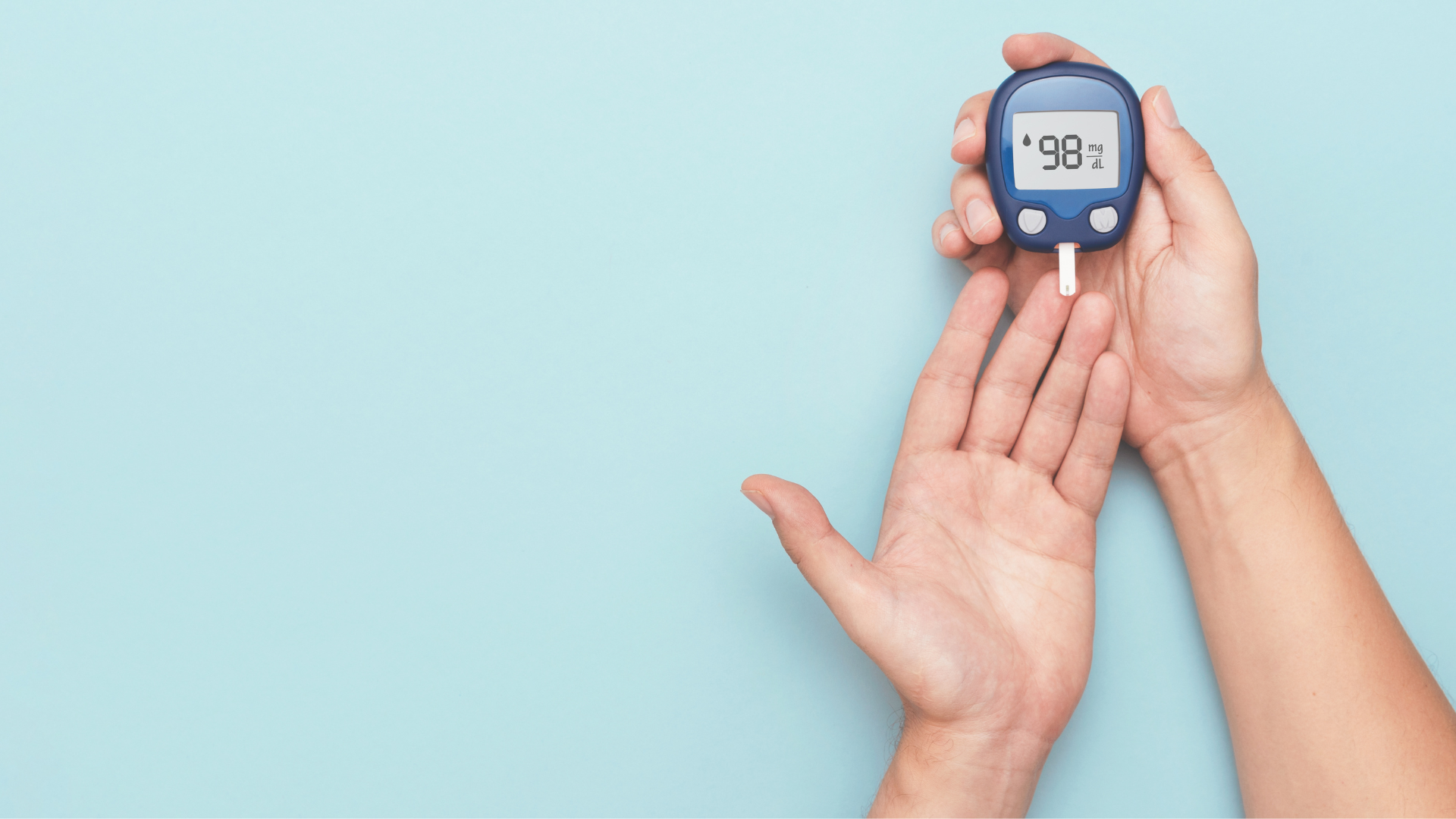Managing type 2 diabetes (T2D) requires constant attention to diet, exercise, and blood sugar monitoring. One often overlooked factor significantly complicates daily self-care: sleep quality. A recent cross-sectional study of nearly 2,000 adults with T2D found that those experiencing short sleep duration, insomnia symptoms, snoring, or daytime fatigue were far more likely to report high levels of “diabetes distress,” the emotional burden tied to living with the condition (Riise et al., 2025). In practical terms, poor sleep can make coping with complex treatment routines feel overwhelming, increasing the risk of burnout and poor self-management.
What Role Does Sleep Quality Play in Diabetes Management?
Sleep isn’t just downtime. It’s an essential period of physical and mental restoration for everyone, and it’s particularly critical for individuals with T2D because it helps:
- Regulate blood sugar: Deep sleep stages support insulin sensitivity, while fragmented sleep drives insulin resistance.
- Maintain energy: Restorative slumber reduces daytime fatigue, making it easier to stick to meal plans and exercise routines.
- Support mood stability: Quality sleep promotes balanced neurotransmitter levels, buffering against anxiety and low motivation.
These benefits vanish when sleep is consistently interrupted, whether by snoring, restless legs, or early awakenings. Even sleeping seven hours or less per night was linked to higher diabetes distress scores. In other words, skimping on sleep makes every aspect of diabetes care feel harder.
How Do Sleep Impairments Increase Diabetes Distress?
The Norwegian HUNT Study used self-report questionnaires to quantify sleep problems and diabetes-related emotional strain. Key findings included:
- Daytime coping difficulties were the strongest predictor of high distress, with impaired daytime functioning due to poor sleep driving up diabetes distress more than any other factor.
- Trouble falling asleep and early morning awakenings were significantly associated; patients with these insomnia symptoms scored notably higher on distress scales.
- Short sleep duration (≤7 hours), snoring, and restless legs also correlated with elevated emotional burden.
These links held regardless of gender, and were independent of age, diabetes duration, or other health behaviors. Poor sleep amplifies worry about complications, fuels frustration over treatment demands, and undermines confidence, trapping individuals in a cycle of stress and avoidance.
How Can Improving Sleep Enhance Emotional Well-Being in T2D?
Addressing sleep quality should be a routine part of diabetes care. Here are three practical strategies:
- Screen for Sleep Disorders
Ask your provider about simple questionnaires or overnight oximetry tests to detect sleep apnea or restless leg syndrome. Early diagnosis and treatment can restore sleep architecture and lighten the emotional load. - Adopt Sleep-Friendly Habits
- Consistent Schedule: Go to bed and wake up at the exact times daily, even on weekends.
- Wind-Down Routine: Dim lights, power down screens one hour before bedtime, and practice relaxing activities like reading or gentle stretching.
- Sleep Environment: Keep your bedroom calm, dark, and quiet. Consider earplugs or white-noise machines if needed.
- Integrate Holistic Support
Emotional well-being and sleep are intertwined. Techniques such as mindfulness meditation, guided imagery, or brief daytime breathing exercises can lower stress hormones that otherwise disrupt sleep. Over time, better sleep fuels clearer thinking, steadier blood sugar control, and a more positive outlook.
By prioritizing sleep assessment and improvement, you can reduce diabetes distress and strengthen your capacity to manage T2D, both physically and emotionally.
Take the Next Step With Konk Sleep
Ready to tackle the emotional challenges of diabetes by improving your sleep habits? Take our quick interactive quiz to receive personalized tips and strategies to help you balance blood sugar, reduce distress, and feel more in control, night after night.
Sources
- Medscape. Poor Sleep Quality May Worsen Emotional Burden in Type 2 Diabetes. January 2025. Retrieved from https://www.medscape.com/viewarticle/poor-sleep-quality-may-worsen-emotional-burden-t2d-2025a1000jz6

